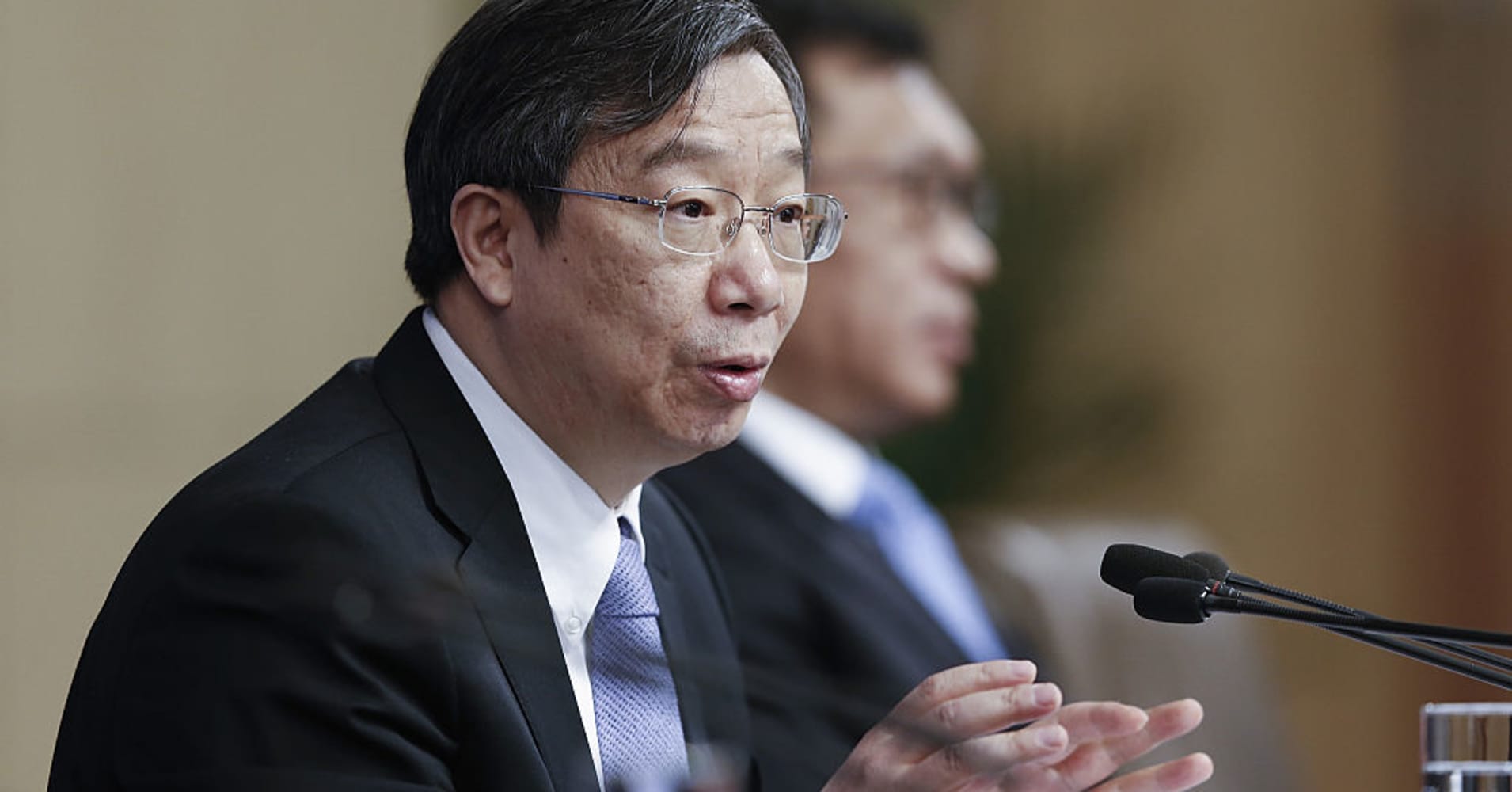
China’s new central banker says the country will steadily advance financial reforms

China will steadily reform and further open its financial sector while putting “equal emphasis” on preventing financial risks through regulation and supervision, the new central bank governor said on Sunday.
In his first public speech since becoming central bank chief last week, Yi Gang told the China Development Forum in Beijing that opening up leads to progress while closure points to backwardness.
“History has proved that areas that are more open are more competitive, and areas that are less open are less competitive and see risks accumulating (as a result),” Yi said in his wide-ranging speech.
President Xi Jinping, in the twice-in-a-decade Communist Party congress in October, vowed that China will deepen economic and financial reforms and further open its markets to foreign investors.
In November, China said it will lift the ceiling on foreign equity ownership in joint-venture firms involved in the futures, securities and funds markets to 51 percent from 49 percent, adding that all ownership limits in many financial sectors will be dismantled after three years.
But raising the ownership limits does not mean that there will be no supervision, Yi said, and the opening up of China’s financial sector does not mean it will go unregulated.
“We will put equal emphasis on the opening up of the financial sector and prevention of financial risks,” the governor said. “The opening up of the financial sector must be accompanied by the development of financial regulation.”
The sector’s opening up will proceed in coordination with reforms in China’s foreign exchange rate mechanism and capital account convertibility, he said.
Yi said China will open its bond market further, and that the second phase of the China International Payments System (CIPS) – a cross-border yuan settlement system – will be rolled out soon.
The system is expected to allow global firms to settle payments with Chinese businesses more quickly and efficiently, replacing a patchwork of networks such as clearing banks around the world.


